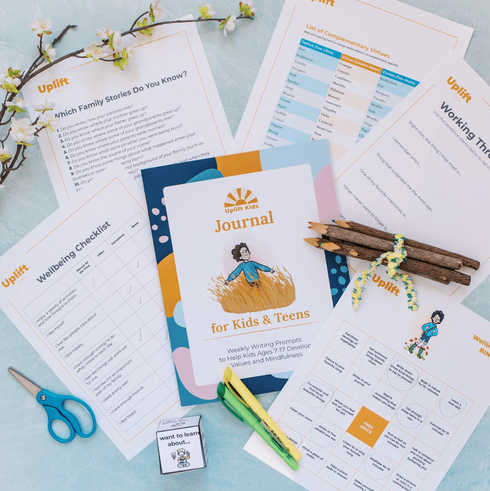
Fixed Mindset vs Growth Mindset
Remember that person in school who everyone “knew” would turn out to be successful, rich, or famous and then at the 10 year high school reunion, you realize they didn’t, and it was actually the the person you never expected who’s turned out out to be all those things? What was it that made the unexpected person so successful and the expected person so ordinary?
According to Carol Dweck, it all has to do with mindset, and not so much with skills and talent. More than twenty years of research show that our mindset is more than just a personality trait. Our mindset determines if we become optimistic or pessimistic. It influences our goals, attitudes, relationships, how we raise our kids, and ultimately whether or not we will live up to our full potential. Dweck’s research has found that we all have two basic mindsets: A fixed mindset and a growth mindset.
[mks_separator height=”2″][mks_icon icon=”fa-thumbs-down” color=”#dd3333″ type=”fa”] Fixed mindset You believe that your talents, abilities, and personality traits are set in stone. Intelligence is static and that leads to a desire to “look smart” and therefore a tendency to avoid challenges, give up easily, see effort as fruitless, and ignore useful negative feedback. With a fixed mindset you feel threatened by the success of others. With a fixed mindset you generally plateau early and achieve less than your full potential. Do you feel that “you are what you are” and that life “is what it is”? Be careful, that’s a fixed mindset!
[mks_separator style=”dotted” height=”2″][mks_icon icon=”fa-thumbs-up” color=”#81d742″ type=”fa”] Growth mindset You believe that talents, abilities, and personality traits can be developed. Intelligence can be developed. This mindset leads to a desire to learn and therefore a tendency to embrace challenges, persist in the face of setbacks, see effort as the path to success and you learn from criticism. With a growth mindset you find lessons and inspiration in the success of others. With a fixed mindset you can reach ever-higher levels of achievement.
[mks_separator height=”2″]Dweck’s research shows that this mindset is developed in childhood and continues to unfold in adulthood and it drives every aspect of our lives. Geniuses in every field from music, to literature and from sports, to business, apply the growth mindset to achieve results. The best part of it all? We can learn to change our mindset at any stage of life! So which mindset do YOU generally have? Don’t forget that everyone has a little bit of both. In what aspects if your life do you think with a fixed mindset vs a growth mindset? How can you begin the process of changing your mindset?
The key to change? Exercise! You can strengthen the mind, just like any other muscle of the body, with proper exercise. Meditation happens to be a great way to exercise your mind!
Parents: Next time your child gets a good grade, praise them for the hard work that went into getting the grade, instead of praising them for the actual grade. It’s not the “A” that makes someone a good student, it’s their ability to be a hard worker who puts in the necessary time when studying. Do you see the difference? Try to do the same thing with your own successes. Be careful with what positive labels you give to others, and to yourself. The moment you tell someone “Wow, you got an A! You are a great student!” you’ve created a label that subconsciously tells that person A= good student and everything else = bad student. Einstein once failed History and Geography but he also changed our understanding of Physics for ever! There is NO doubt that Einstein was more than just a “good student”, he was a genius.
So what do you think of the fixed vs growth mindset? Does this theory fit your personal experience? Does it describe the people around you? Please share your thoughts and opinions in the comments below.

